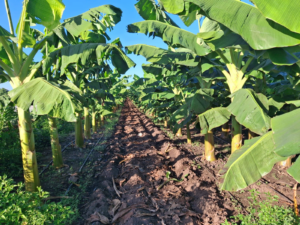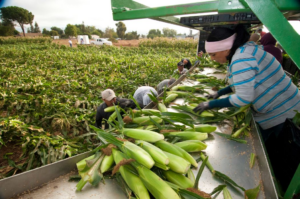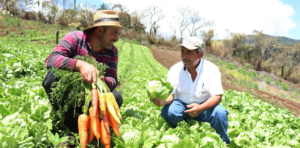
El Salvador is facing an alarming shortage of beans. According to Luis Treminio, President of the Asociación de Pequeños y Medianos Productores Agropecuarios (CAMPO), a deficit of 750,000 quintals of this basic grain is expected for next year. Currently, most of the beans consumed in the country’s markets come from Nicaragua, which shows the dependence on imports due to the insufficient domestic production.
Treminio explained that this deficit is due, in part, to the fact that producers were not able to save enough seeds for this year’s planting, which further reduced production. He also indicated that, due to low production and insufficient seed, bean production for next year is expected to fall to 1,650,000 quintals, far from the 1,875,000 quintals initially projected. This figure falls short of the national average consumption, which reaches 2,400,000 quintals.
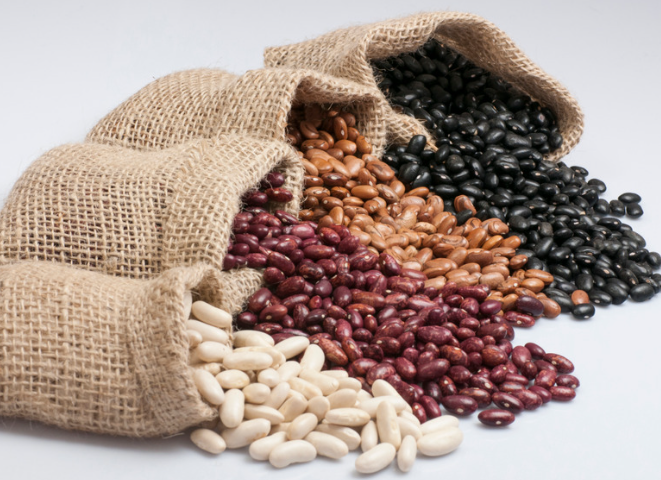
In addition to beans, corn production also faces a considerable deficit. By 2024, CAMPO estimates a shortage of 5,820,000 quintals of corn, which puts national agricultural production in check. To date, more than 545,000 quintals of corn planted between may and june have been lost, representing 18% of projected production.
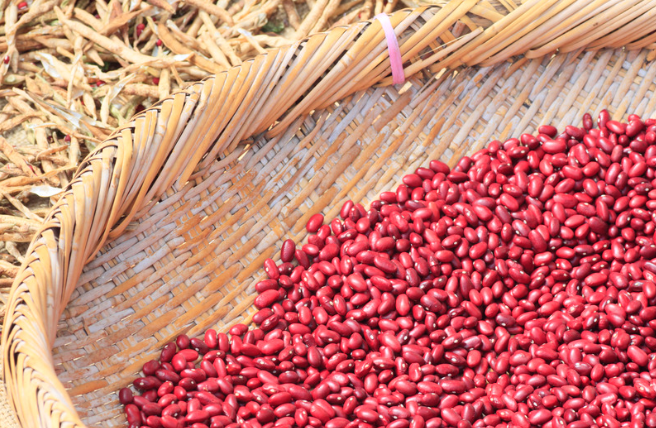
Treminio suggests that the government reintroduce agricultural packages to help producers cope with production costs. However, he said that it is essential to improve the quality of the inputs offered, as currently only 5% of the total cost of production is covered.
With agricultural production in decline and climate projections against, the country will have to face crucial decisions to ensure food supply and reduce its vulnerability to climate change and domestic production shortages.


